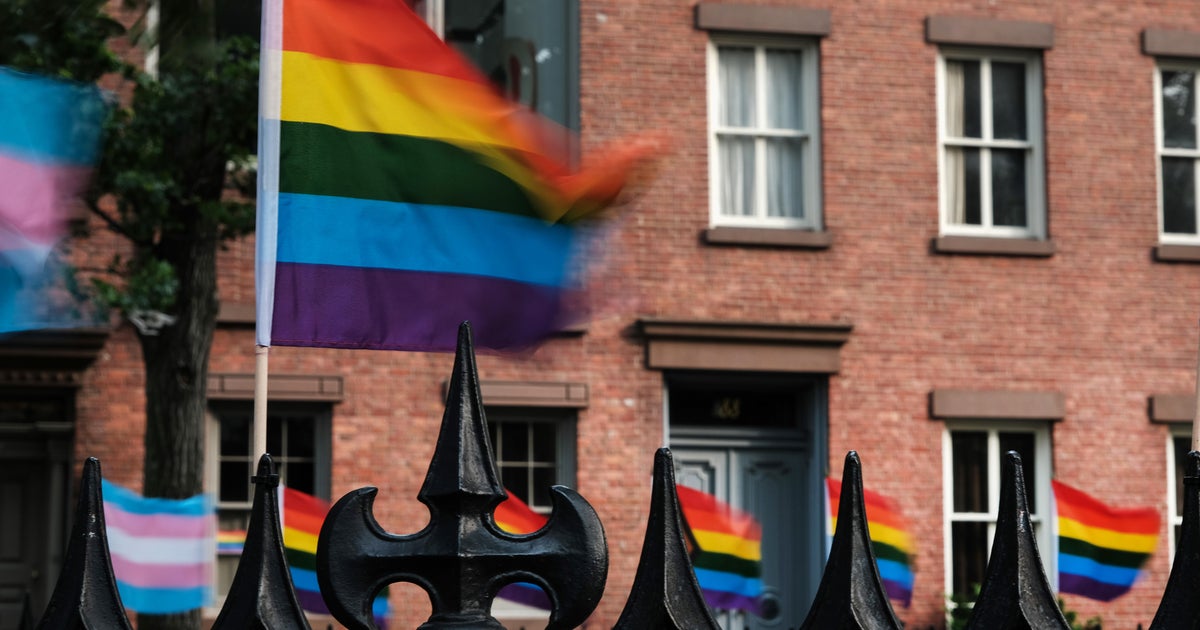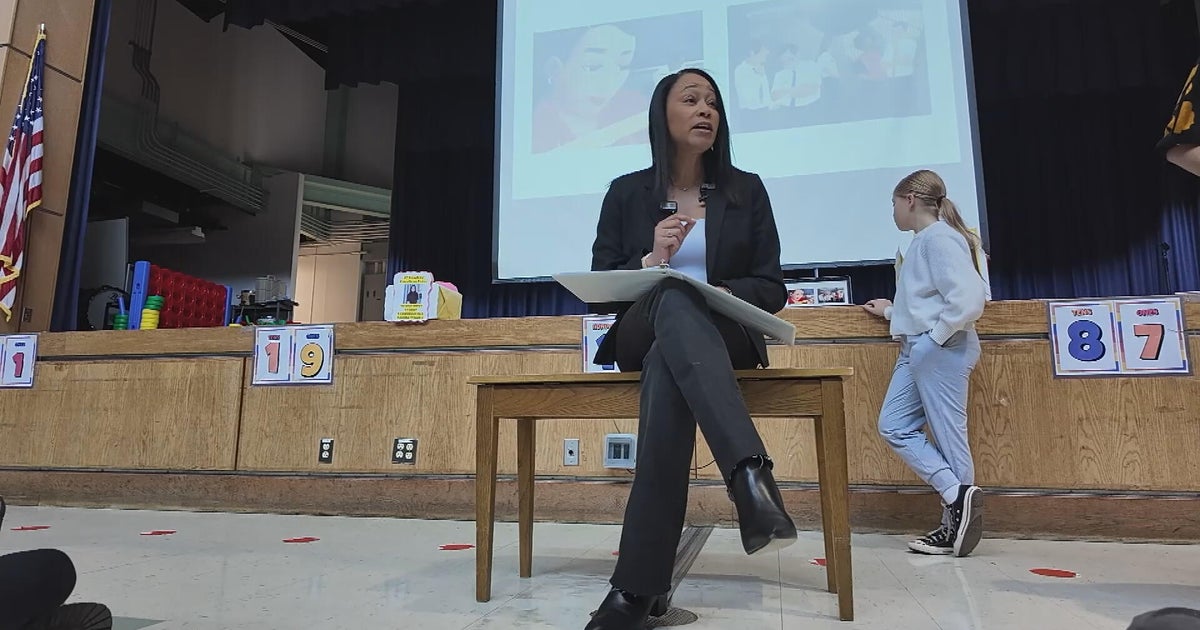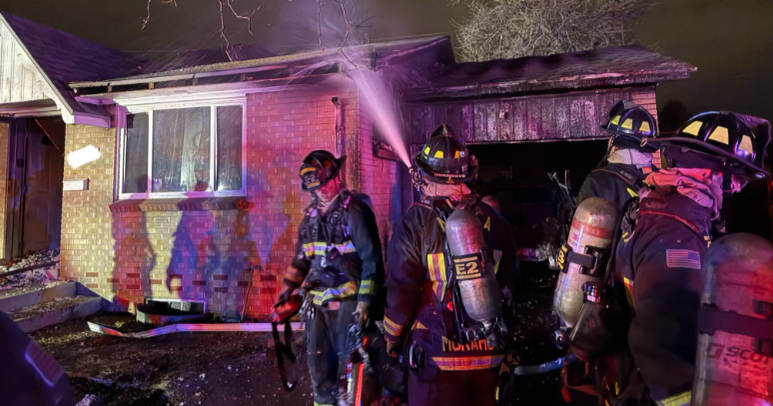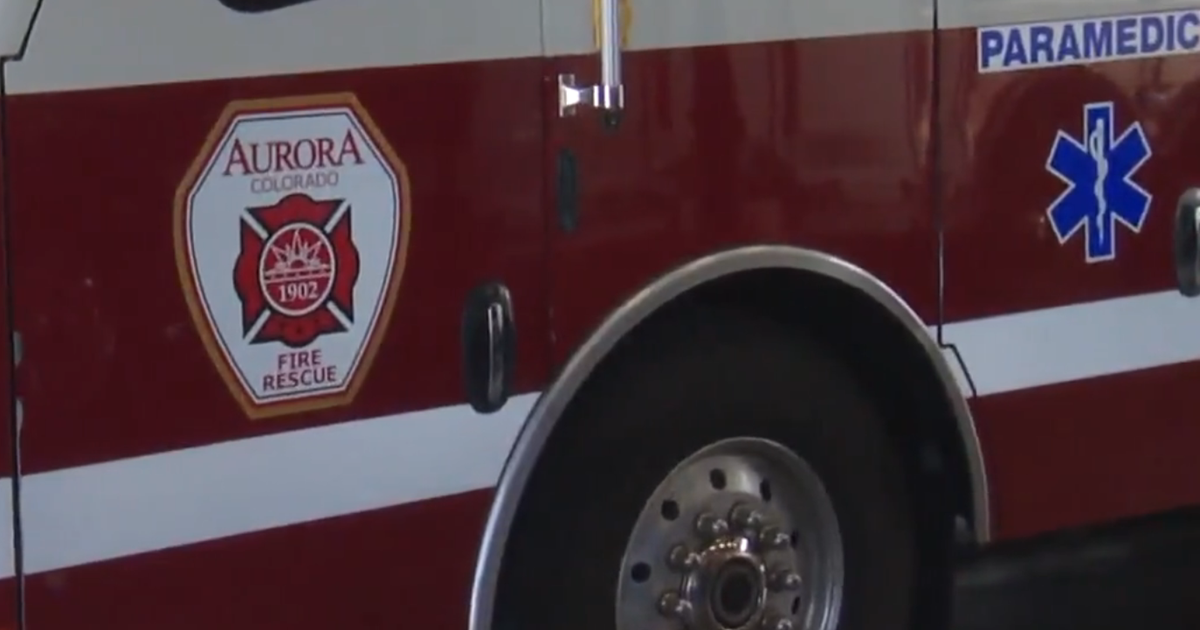The story behind the flag that inspired "The Star-Spangled Banner"
In the murky waters of Baltimore's harbor, between the Chesapeake Bay and a decommissioned fort, a red, white and blue buoy marks the spot where Francis Scott Key observed the British bombarding Fort McHenry for a 24-hour period. With the War of 1812 raging, the British had already marched on Washington and set fire to the White House when they set their sights — and ammunition — on the last defense of the United States' industrial port.
Key was aboard a ship in the harbor and squinted through smoke to see who had won, as the sun began to break. A large American flag was raised. Key saw it and wrote a poem that became the national anthem.
The actual flag Key saw — the Star-Spangled Banner — is now housed in a climate-controlled, light-protected chamber at the Smithsonian's National Museum of American History in Washington, D.C.
The museum receives about four million visitors a year, said military history curator Jennifer Jones, who is part of the team tasked with preserving the flag.
"And I think this is probably one of the things people say, 'Oh, we have to see this,'" she said.
"It embodies our values and everybody's values are different," she said. "And I think that people bring their own ideals to this object, not just this flag, but any American flag."
After the War of 1812, the flag and the words it inspired became a sensation. Key's poem was quickly set to a popular — and ironically British — tune and was soon rebranded as "The Star-Spangled Banner."
"Those words were inspirational to a nation fighting to become independent and to create a more perfect union," said Jones.
In 1931, it finally became America's official national anthem.
Today, the flag stands as an enduring symbol of democracy.
"If you look at how fragile the flag is ... that's really synonymous with our democracy," said Jones. "You know, we have to be participants. We have to be thinking about it. We have to protect it."









